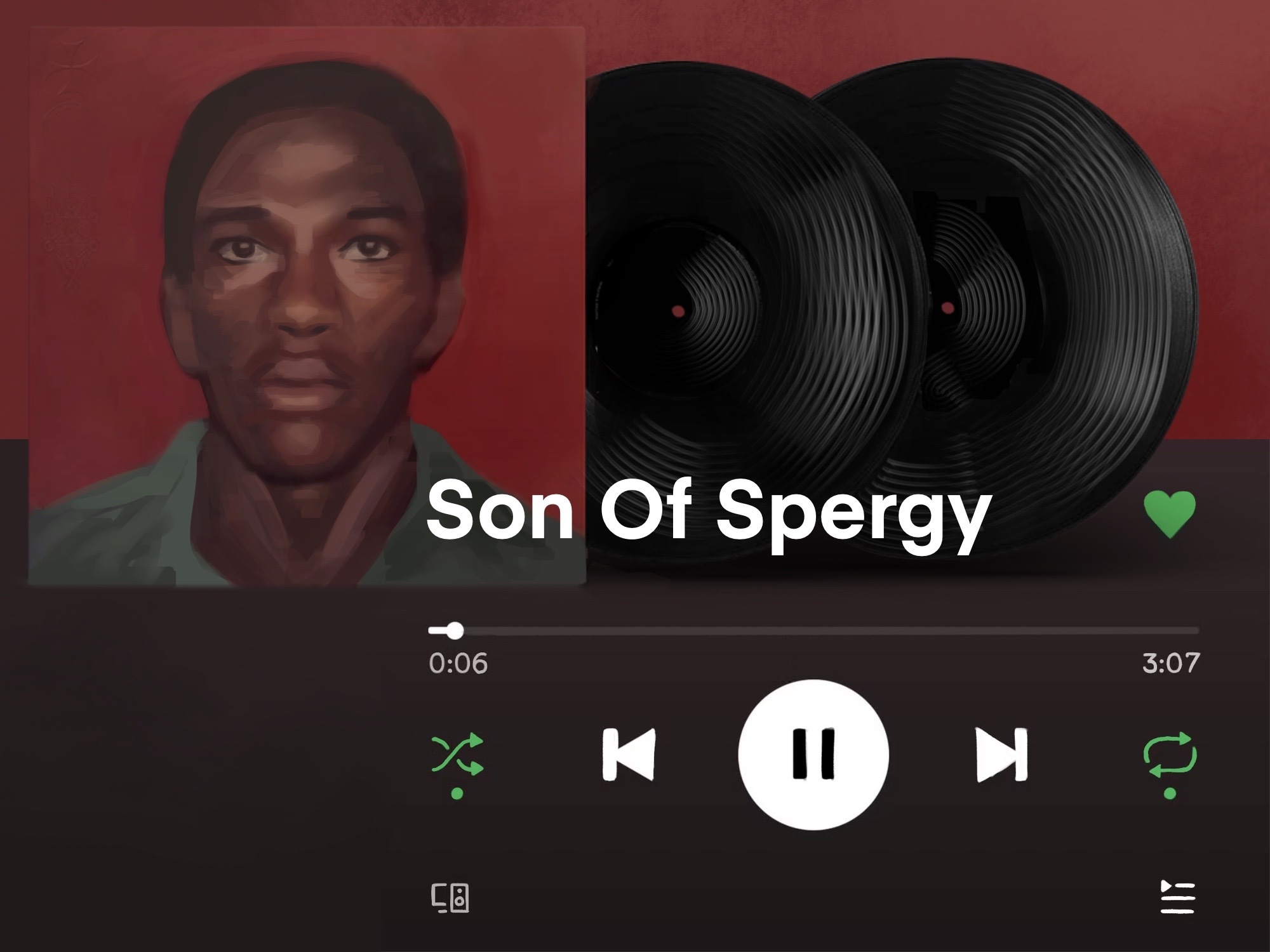Canadian artist Daniel Caesar dropped his fourth studio album, “Son of Spergy,” — coined after his father’s nickname “Spergy” — on Friday following a series of free concerts promoting it.
A few years after the success of his last project, Caesar has quietly kept busy, leaving his mark through collaborations and other releases. In 2024, he worked on parts of “Chromakopia” by Tyler, the Creator, and earlier this year, Caesar dropped two singles with Rex Orange County.
With the recent collaborations, I’m surprised at the lack of features in this work. The album credits Sampha, Bon Iver, Yebba, Blood Orange and others, yet each artist plays a very minor role. Most of their contributions arrive in the form of background harmonies or brief solos that are almost unnecessary. In comparison, his last album, “Never Enough,” had incredible features from Ty Dolla $ign, Summer Walker, Mustafa and Rick Ross.
With the introspective elements of the album, it makes sense that Caesar is telling most of this story alone. But as a fan, I would have loved to see Tyler or another big artist get on a track.
I’ve been a big Daniel Caesar fan for years now. I started listening after the release of his second studio album, “CASE STUDY 01,” and was instantly impressed with his vocal and thematic range.
If you are not into R&B, I urge you to try Caesar’s early work before diving into his newest album. Start with “Freudian,” which is generally considered his best work and a modern representation of R&B/Soul.
“Freudian” and “Never Enough” are essentially perfect albums in my eyes, with every track added to my main playlist. “CASE STUDY 01” and his debut extended play, “Pilgrim’s Paradise,” fall just below the two, but he’s yet to drop a total flop.
As a result, the album has very little radio appeal. He’s had “Best Part” and a feature on “Peaches,” but it seems as if he’s making music that speaks to him. Most of the songs on the album are melodic and reflective, speaking on family, spirituality and other topics.
What makes the album work is his emotional honesty. But at times, the introspection becomes too self-contained. Some of the slower tracks blur together because of the similarities in each. The songs aren’t as catchy as previous hits, but that’s not necessarily a bad thing.

My personal favorite tracks on the album are “Emily’s Song,” “Sign of the Times” and “Call on Me.” The latter offers an upbeat love song, a clear change of pace from the slower, gospel-esque songs.
Still, the album definitely has some misses, with the opening and closing tracks serving as weak points. The closing song, “Sins of the Father,” had some good parts, but at nearly eight minutes long and divided into multiple sections, it drags out — I’m not sure if I want to listen to an eight-minute song.
Overall, “Son of Spergy” proved to be a little different than Caesar’s other projects — not worse, just quieter and more inward-looking. It’s not outside of his established sound, but it focuses on other aspects of songwriting.